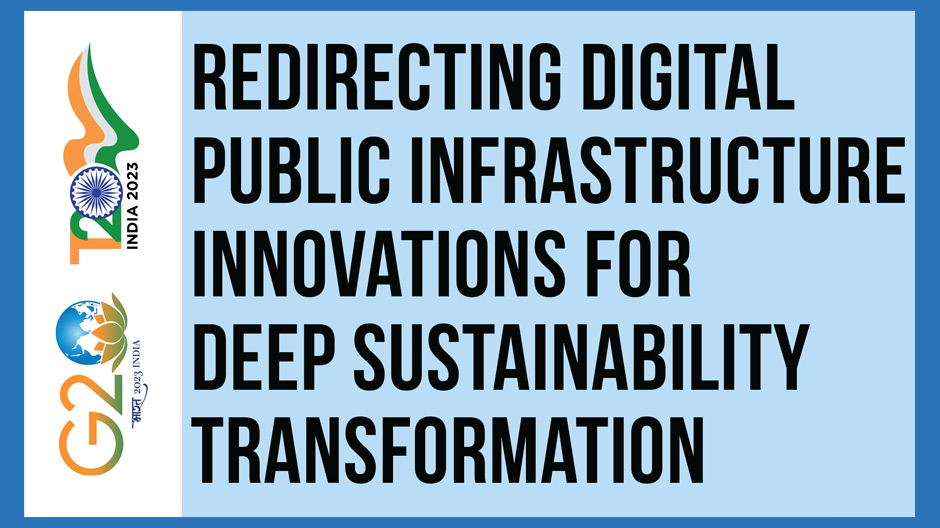AI-powered self-healing asphalt: A step toward sustainable net-zero roads
In laboratory experiments, the self-healing bitumen—the sticky black material in the asphalt mixture—was shown to completely heal a microcrack on its surface in less than an hour. Self-healing asphalt roads, made from biomass waste and designed with the help of artificial intelligence (AI), could offer a promising solution to the UK's pothole problem, which is estimated to cost £143.5 million a year.
Driving Innovation in Road Infrastructure
A team of scientists from Swansea University and King’s College London, in collaboration with scientists in Chile, is designing a new type of self-healing asphalt that can mend its own cracks without the need for maintenance or human intervention. Cracks form when bitumen hardens through oxidization, but the exact processes behind this are not entirely known.
The team has found a way to reverse cracking and develop methods to "stitch" asphalt back together, creating more durable and sustainable roads. During the research, a type of AI known as machine learning was used to study organic molecules in complex fluids like bitumen. The team developed a new data-driven model to accelerate atomistic simulations, advancing research into bitumen oxidation and crack formation. They are also collaborating with Google Cloud to simulate the behavior of the bitumen on a computer.

The Science Behind Self-Healing Asphalt
To make the asphalt “self-healing”, the team incorporated tiny, porous materials known as spores, which are smaller than a strand of hair and produced by plants. These spores are filled with recycled oils, which are released when the asphalt begins to crack, helping to reverse the process. In laboratory experiments, this advanced asphalt material was shown to completely heal a microcrack on its surface in less than an hour.
Advancing Sustainable Infrastructure
Dr Jose Norambuena-Contreras, a Senior Lecturer in the Department of Civil Engineering at Swansea University and an expert in self-healing asphalt, highlighted the interdisciplinary nature of their study. He mentioned the collaboration of experts in civil engineering, chemistry, and computer science, leveraging AI tools from Google Cloud to advance the development of self-healing asphalt using biomass waste and artificial intelligence.
A substantial portion of carbon emissions from roads is linked to asphalt production. As the highway sector increasingly prioritizes carbon reduction to support the UK Government's goal of achieving net-zero emissions by 2050, advancing innovative bituminous materials for asphalt roads has become a key research priority.

Promoting Sustainability Through Research
Dr Norambuena-Contreras emphasized the need for united efforts from academia, government, and industry to transition to more sustainable net-zero asphalt roads. He stressed the importance of investing in initiatives that drive innovation to achieve the vision of sustainable infrastructure.
While still in development, the team’s research has enormous potential to improve infrastructure and advance sustainability around the world. Dr Francisco Martin-Martinez, an expert in computational chemistry at King’s College London, highlighted the use of sustainable materials in their new asphalt, including biomass waste.
Future Research and Development
Dr Norambuena-Contreras’ current research into bio-based encapsulated solutions for asphalt self-healing includes creating capsules from biopolymers derived from brown algae and recycled cooking oils, as well as the development of rejuvenators through the thermal conversion of end-of-life tires.





















